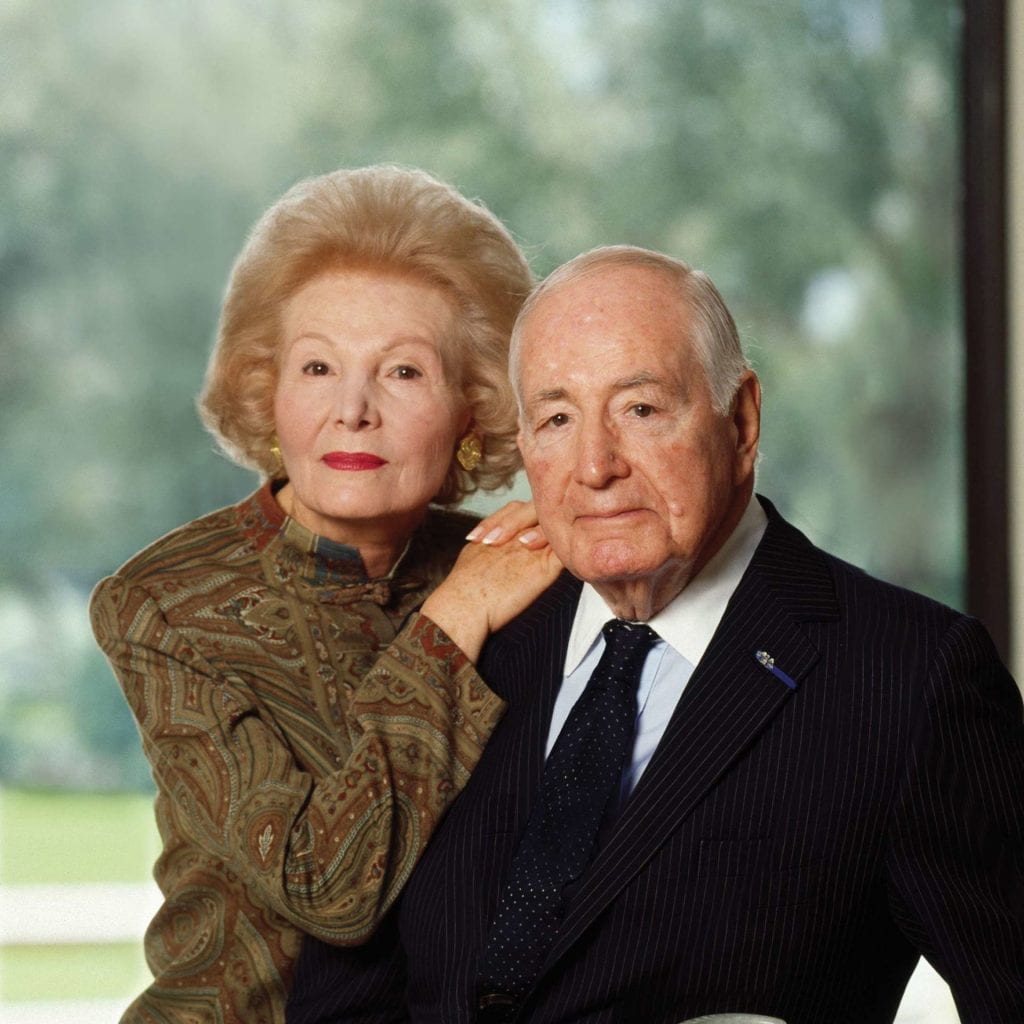Philip E. Tetlock
Leonore Annenberg University Professor
A preeminent political psychologist, Philip Tetlock applies scientific rigor from psychology and the social sciences to improve prediction methods in political, business, and other spheres. His efforts to help people get better at making forecasts and to develop data-driven methods for learning from history are widely credited with influencing the research arm of the U.S. intelligence agencies to create a four-year geopolitical forecasting tournament.
Tetlock created the first ever forecasting competition during the Cold War when he grew increasingly concerned that public debate was dominated by vague, unverifiable predictions. His book Expert Political Judgment: How Good Is It? How Can We Know?, a landmark analysis of subsequent decades of expert, often flawed geopolitical predictions, won a Woodrow Wilson prize in 2006. That work also served as a pilot for The Good Judgment Project, a prediction tournament among five universities sponsored by the U.S. intelligence community. Tetlock, along with his Penn colleague and spouse, Barbara Mellers, and his UC Berkeley colleague, Don Moore, co-led that contest’s winning team, which included experts in statistics, computer science, economics, psychology, and political science. As the competition drew to a close, the team began to adapt their methods for use by intelligence agencies–translating lessons learned as they transformed everyday citizens into super-forecasters whose prediction accuracy far exceeded analysts who had access to classified information.
Tetlock has received a National Academy of Sciences Award for Behavioral Research Relevant to the Prevention of Nuclear War and a Grawemeyer Award for Ideas Improving World Order. A fellow of the American Academy of Arts & Sciences and the MacArthur Foundation, Tetlock publishes in journals including Psychological Review, American Political Science Review, Administrative Science Quarterly, and the Journal of Personality and Social Psychology.
His latest book, Super Forecasters, features heroes (everyday people who are super-forecasters) and villains (sanctimonious pundits who routinely get it wrong) and invites readers to join a large-scale online forecasting tournament–a novel way to widely share Tetlock’s methods to evaluate and enhance prediction accuracy.
Tetlock earned a M.A. in psychology from Yale University in 1976 and a Ph.D. in 1979, and a B.A. with honors in 1975 from the University of British Columbia.
About the Donor
Walter H. Annenberg, W’31, HON’66, and Leonore C. Annenberg, HON’85
The late Ambassador Walter H. Annenberg received Penn’s Alumni Award of Merit in 1991.



